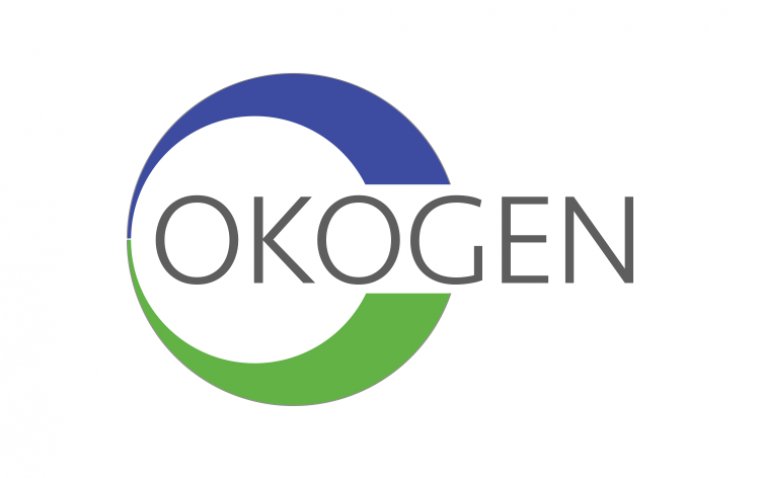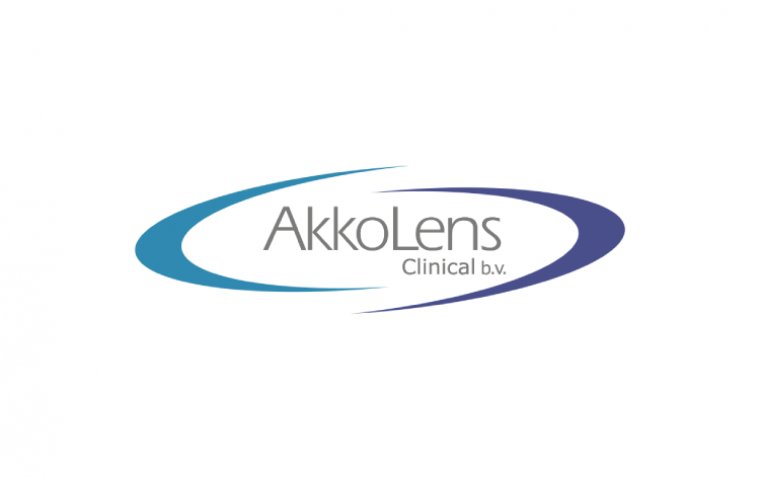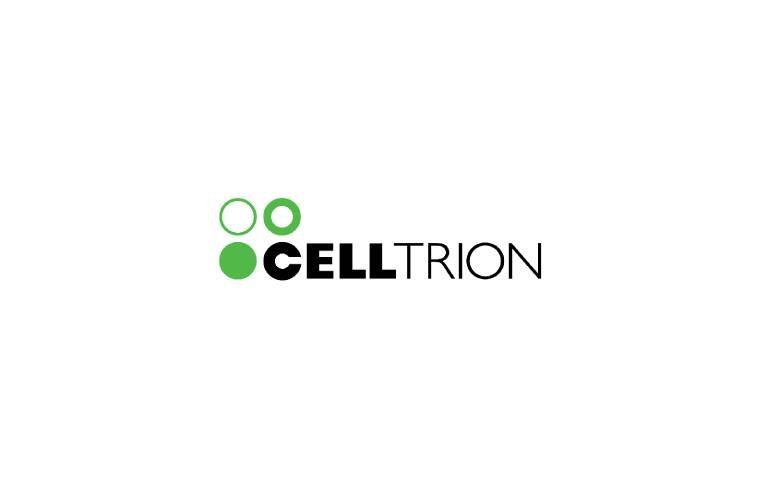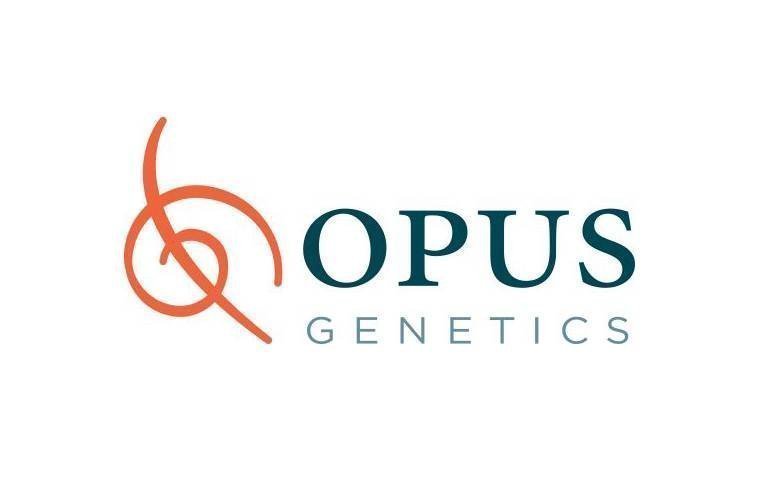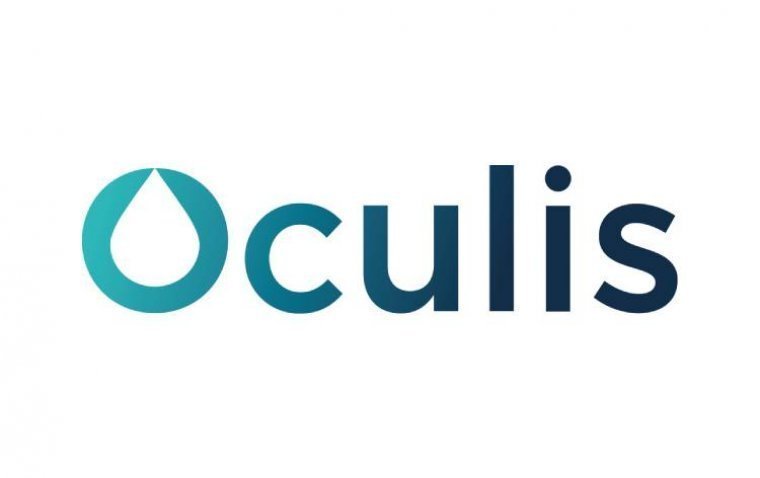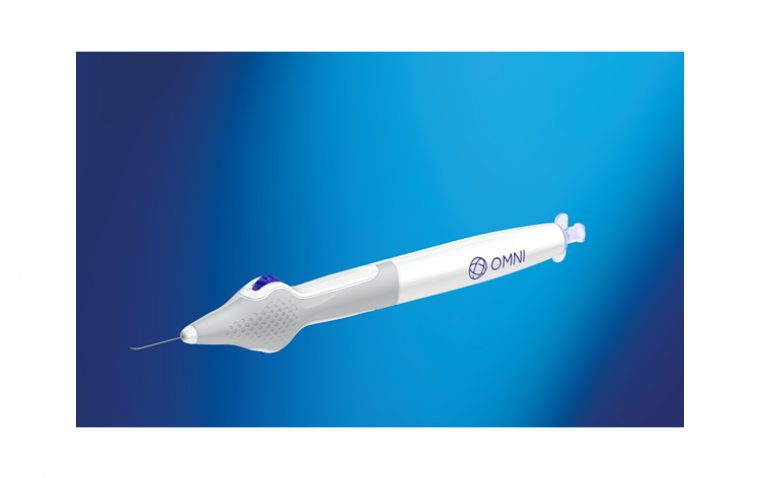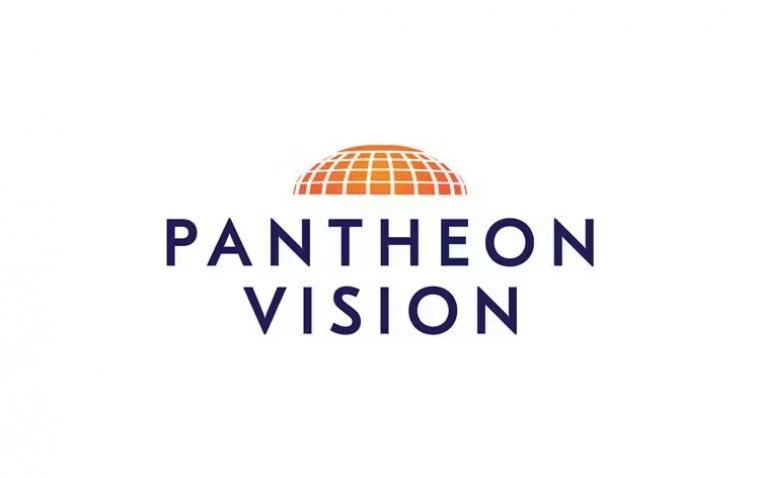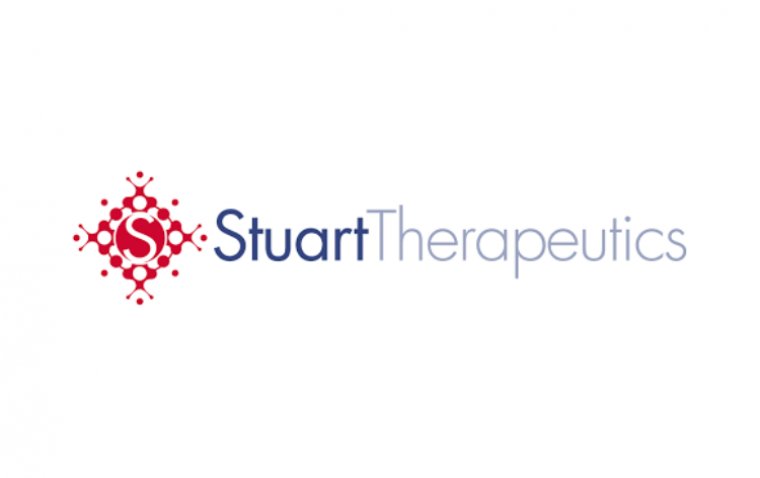
Stuart Therapeutics Initiates Phase 3 Trial for Vezocolmitide in DED
Stuart Therapeutics announced the initiation of the First Patient First Visit (FPFV) for its Phase 3 clinical trial of ST-100 (vezocolmitide) in patients with dry eye disease.
Study Framework and Goals
This Phase 3 study is a multi-center, randomized, double-masked, placebo-controlled investigation designed to assess the safety and efficacy of ST-100 ophthalmic solution in individuals diagnosed with dry eye disease. The trial will compare a single dose level of ST-100 against a placebo, with a total enrollment of 320 volunteers. Vezocolmitide represents the first drug candidate developed using PolyCol™ (PolyCol), which is Stuart's patented synthesized polypeptide collagen mimetic peptide platform.
CEO Eric Schlumpf on ST-100’s Potential Impact
"Stuart Therapeutics is pleased to announce this important milestone in the company's evolution," said Eric Schlumpf, President & CEO of Stuart. "Since the completion of our Phase 2 trial with ST-100, we have significantly expanded our portfolio, based on new research results on our mechanism of action, and its applicability to a number of important indications in ophthalmology. In particular, our findings, coupled with the endpoint outcomes in our Phase 2 trial suggest the potential for a fast acting, highly differentiated treatment for dry eye that can offer improved tear production, symptom relief, reduction in ocular surface damage and improvement in visual acuity. We believe that vezocolmitide has the potential to solve the major unmet need for a fast and effective topical therapeutic that treats a broad range of dry eye disease patients."
PolyCol Technology and Collagen Remodeling in Dry Eye Disease
Stuart Therapeutics is leveraging PolyCol's swift capacity to alleviate the burden of collagen remodeling in the cornea for dry eye disease. In cases of chronic dry eye disease, inflammation and tissue damage can surpass the body's natural ability to replace damaged helical collagen, a process known as remodeling.
Through clinical trials, the ST-100 drug candidate has demonstrated its potential to not only alleviate symptoms but also restore nerve function, leading to enhancements in the lacrimal functional unit, responsible for the tear process. Patients using ST-100 have reported relief as early as the second day, showcasing a significantly faster action compared to alternative therapeutics.
Reference:
(1).jpg)
